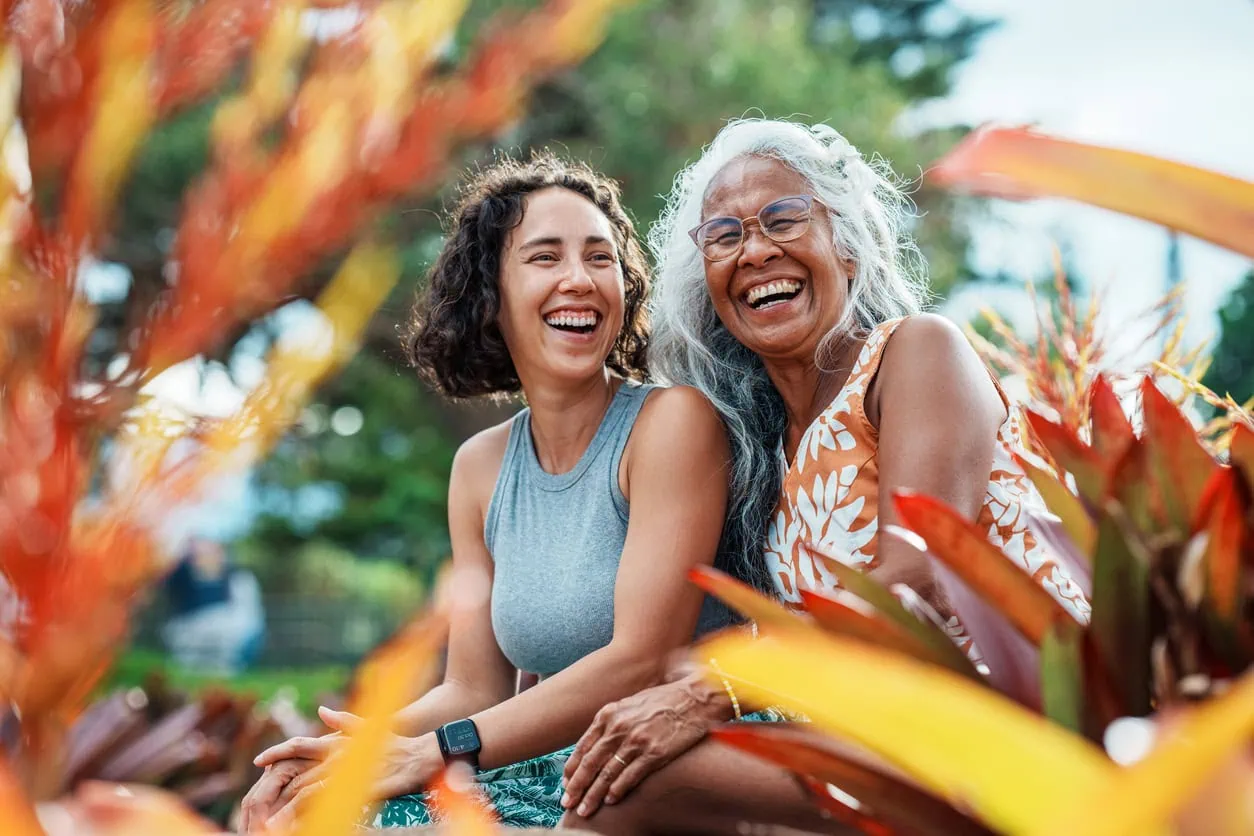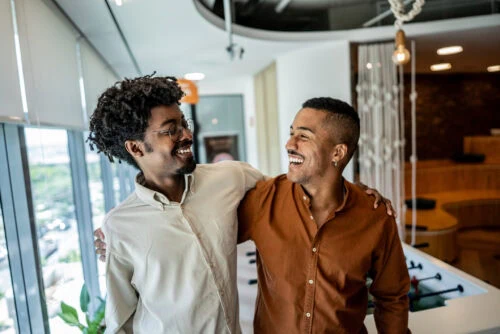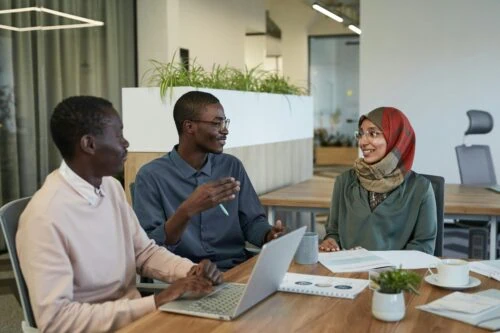Welcome to our guide to celebrating diverse cultures and traditions. This resource is designed to inform and inspire about the rich benefits of embracing cultural diversity in every aspect of life.
Why Cultural Diversity Matters
In today’s globalized world, understanding and appreciating cultural diversity is not just a moral imperative; it is a competitive advantage. This guide explores the various dimensions of culturally diverse traditions and offers practical advice on how you can actively participate and promote this diversity in your community and workplace.
Whether you are just starting your career or looking to broaden your cultural horizons, this guide provides valuable insights into how cultural diversity can enhance your professional and personal development. Let’s dive in and explore the inclusive world of cultural diversity together!
The Importance of Celebrating Culturally Diverse Traditions
Celebrating culturally diverse traditions is not just about recognizing differences—it’s about enriching our collective knowledge. Recognizing and celebrating our differences helps bridge divides and fosters mutual respect. As our societies become more interconnected, understanding and valuing cultural diversity is more crucial than ever.
Benefits of Cultural Diversity Celebration
- Foster’s Inclusion: Celebrating multiple cultures makes everyone feel included and respected for their unique contributions.
- Enhances Learning: Engaging with various traditions deepens our understanding across various spectrums of life.
- Boosts Innovation: Exposure to different cultural perspectives can inspire new ideas and innovative thinking within communities and workplaces.
Furthermore, companies that embrace cultural celebrations often see improved teamwork and employee satisfaction. This approach aligns well with broader opportunities for inclusion, underscoring the integration of diverse cultures into corporate and social environments.
From an educational perspective, schools that incorporate cultural history and traditions into their curriculums foster a learning environment where students not only learn about the world but also develop respect and curiosity about different ways of life. When schools and workplaces reflect cultural diversity visibly and substantively, it helps to normalize inclusivity as a valuable part of every community.
For more resources on cultural diversity and celebrations, trustworthy sources such as UNESCO’s Contribution to Tackling Inequality and the Smithsonian Institution’s resources on cultural awareness offer additional insights.
How Different Cultures Showcase Their Unique Traditions
Diverse traditions bring unique flavors and experiences to cultural landscapes. Across the world, these practices are showcased through a variety of joyful, reflective, and deeply meaningful activities.
Global Celebrations
- Cultural Festivals: Almost every culture celebrates specific festivals that are rich in history and full of unique customs and traditions, such as Diwali in India, Carnival in Brazil, and the Dragon Boat Festival in China.
- Traditional Food: Culinary practices are vital expressions of cultural heritage, with each cuisine offering distinctive ingredients, techniques, and dishes.
- Art and Music: These universal languages provide insight into the historical context and current social dynamics of different cultures. From African drumming circles to European classical music performances, each style enriches the global cultural mosaic.
The transfer of these traditional expressions from one generation to the next ensures the survival of cultural identities. It gives future generations a sense of belonging and understanding of their ancestry.
Organizations and communities often collaborate to create platforms where these traditions can be shared and celebrated, like the cultural showcases seen in events sponsored by entities such as local cultural centers and international cultural exchanges. These interactions not only educate but also promote solidarity among varied groups, thereby building a unified society.
Utilizing Media and Technology
In the modern era, digital media plays a pivotal role in broadcasting the vivid tapestry of world cultures. With online platforms and social media, sharing one’s cultural heritage is just a click away. This accessibility allows for a broader audience reach and deeper understanding and appreciation of different cultural narratives.
For those seeking deeper insights into cultural traditions worldwide, educational resources such as the Smithsonian Folkways Recordings provide invaluable information and examples of music and stories that represent various cultures globally.
The Impact of Acknowledging and Respecting Diversity
Acknowledging and respecting culturally diverse backgrounds significantly enriches society. This recognition not only fosters social unity but also enhances mutual understanding among different communities.
Building a Cohesive Society
By respecting diverse cultures, we create a more harmonious environment. This respect leads to less conflict and greater collaboration. Furthermore, understanding diverse perspectives can boost creativity and drive innovation in various fields.
Increased Social Stability
When communities feel recognized and valued, social stability improves. Such inclusion also reduces feelings of alienation and fosters a sense of belonging among all societal members.
Culturally diverse workplaces tend to outperform their more homogeneous counterparts. They often report higher job satisfaction and lower turnover rates. Besides, these workplaces attract talents from a broader pool, reflecting a competitive edge in the global market.
In education, embracing diverse traditions and histories enriches the curriculum and prepares students to thrive in a global society. As they learn about different cultures, students develop empathy and a deeper understanding of the world.
Initiatives that promote diversity and inclusion are crucial. They can range from community workshops to national policies supporting multiculturalism.
Overall, when societies embrace and celebrate cultural differences, they lay the groundwork for a more inclusive future. This focus on cultural respect not only solves current social challenges but also prevents future ones.
Building Bridges Through Cultural Exchange
Cultural exchange programs offer valuable opportunities for cross-cultural understanding and play a crucial role in building bridges between diverse groups.
Benefits of Cultural Exchange
- Promotes Global Awareness: Participants gain a global perspective, understanding different societal norms and values.
- Enhances Language Skills: Exchanging cultures often involves language learning, deepening engagement with another culture.
- Encourages Cultural Sensitivity: Immersion in different cultures fosters sensitivity and appreciation for diverse ways of life.
Such exchanges can take many forms, including student exchange programs, international art exhibits, or global business cooperation. Each of these initiatives encourages a deeper understanding and appreciation of culturally diverse communities.
Moreover, technology now allows for virtual cultural exchanges, broadening participation to those who might not be able to travel. Online platforms enable people from across the globe to share stories, celebrate festivals, and collaborate on projects. This makes it easier to appreciate and understand the richness of different cultures from home.
Organizations such as UNESCO support these programs and offer numerous initiatives to foster dialogue between civilizations, cultures, and peoples, emphasizing the importance of tolerance and cultural understanding.
The ultimate goal of these initiatives is not just to learn about each other but to find common ground, creating a more connected and engaged global community. This mutual respect and cooperation are essential for addressing global challenges and ensuring peaceful coexistence.
Practical Ways to Engage with Diverse Cultures
Engaging with culturally diverse communities is a rewarding journey that enhances personal and communal growth.
Active Participation in Cultural Events
Attending cultural festivals and celebrations is a great way to learn directly about different cultures. Additionally, volunteering for these events can provide deeper insights and connections within the community.
Cultural Learning Opportunities
Enrolling in courses about world cultures or languages facilitates a comprehensive understanding of diverse communities. Educational institutions often offer resources that make learning accessible and engaging.
Visiting museums and exhibitions is very valuable. Many museums offer exhibits focused on different cultures, providing historical context and contemporary relevance.
Reading books, articles, and other materials about different cultures can open up new worlds and perspectives.
Engaging with media from various cultures, such as films, music, and art, also broadens one’s perspectives. These experiences not only entertain but also educate, fostering a deeper appreciation for the nuances of different cultures.
On an organizational level, workplaces can support cultural diversity by hosting workshops focusing on intercultural communication and inclusivity. Public institutions and nonprofits also play a vital role. For instance, the Peace Corps provides opportunities to work with communities worldwide, promoting cultural exchange and mutual understanding.
Embracing a variety of cultures enriches personal experiences and strengthens community bonds. Therefore, actively seeking out and participating in cultural learning opportunities is key to building an inclusive society.
Community Events That Highlight Cultural Diversity
Community events are crucial in showcasing and celebrating the cultural diversity that enriches societies.
Types of Community Events
- Cultural Parades: Parades such as the Chinese New Year Parade or Caribbean Carnival showcase vibrant costumes, traditional music, and dances.
- Cooking Classes: Classes on how to prepare dishes from various cultures can be both educational and delicious experiences.
- Language Days: Events focused on learning basic phrases and cultural etiquette in different languages help promote linguistic diversity.
These events can help educate attendees about the richness of culturally diverse communities. They also provide a platform for people from different backgrounds to share their heritage and stories.
Engaging the Wider Community
Public libraries often host storytelling sessions and book readings from culturally diverse authors, which attract people of all ages. Schools and universities might also hold cultural fairs where students represent various nations and share their customs. Engaging local businesses and artists in these events can help promote local economies while also highlighting cultural contributions made by different communities. This collaboration promotes a supportive network that values cultural diversity.
Checking local event calendars or community centers can be helpful in finding events that celebrate cultural diversity near you. These organizations often list upcoming culturally diverse events, ensuring everyone has the opportunity to participate and learn.
The Role of Organizations in Promoting Diversity
Organizations, both large and small, have a significant impact on promoting cultural diversity within the community and workplace. Many companies implement diversity training and inclusion programs to educate their employees. They may also celebrate various cultural holidays to reflect their workforce’s diversity.
Organizations often sponsor cultural festivals, contributing to their success and sustainability. They can also create partnerships with culturally diverse businesses, supporting economic growth and cultural exchange.
Resources like those provided on Diversity Employment’s How to Be Inclusive in the Workplace can help organizations structure their hiring processes to be more inclusive, considering a candidate’s cultural competencies alongside their skills and experience.
Academic Contributions
Universities and colleges play a vital role by conducting research on cultural diversity and its impact on society. They offer courses focusing on global cultures, preparing students to work competently in diverse environments.
Organizations like the Association of American Colleges & Universities, which provides educational resources and guidelines for integrating diversity into the curriculum, further aid in this mission.
Through these efforts, organizations can contribute significantly to a more inclusive world, allowing culturally diverse individuals and groups to thrive both locally and globally.
FAQs
Exploring frequently asked questions can help deepen understanding of how best to celebrate and engage with culturally diverse traditions. Here are some common inquiries:
How can I learn about cultural events near me?
Check local community boards and libraries, or search online for cultural event calendars in your area. Participating in local multicultural organizations can also help provide updates and invites.
What are some respectful ways to participate in another culture’s traditions?
Always ask questions politely, show genuine interest, and follow any guidelines or customs shared by cultural representatives. Participating in educational workshops can also be very beneficial.
How can exploring culturally diverse traditions benefit my personal growth?
It enhances cultural sensitivity, broadens perspectives, and can improve interpersonal skills across different cultural contexts.
Can cultural diversity impact workplace dynamics?
Yes, positively so. It encourages creativity, fosters better problem-solving, and can improve employee engagement and satisfaction. Additionally, having diverse teams can offer varied perspectives that lead to innovative solutions.
Understanding and appreciating culturally diverse centuries is essential to fostering an inclusive environment where all can thrive. Continual learning and engagement are keys to embracing the rich diversity around us.
Conclusion
Celebrating and understanding culturally diverse traditions not only enriches our lives but also strengthens the social fabric of our communities. By embracing diverse cultures, we foster a deeper sense of inclusivity and connectivity that transcends boundaries.
Join Us in Promoting Diversity
If you are passionate about diversity and inclusion jobs, making a difference and promoting cultural diversity, join the Diversity Employment Community. Together, we can work towards creating more inclusive workplaces and communities where everyone is valued and respected.
Take action today: participate in cultural events, support diverse businesses, educate yourself on different cultures, and encourage others to do the same. Every step towards embracing diversity creates a stronger, more cohesive society.




